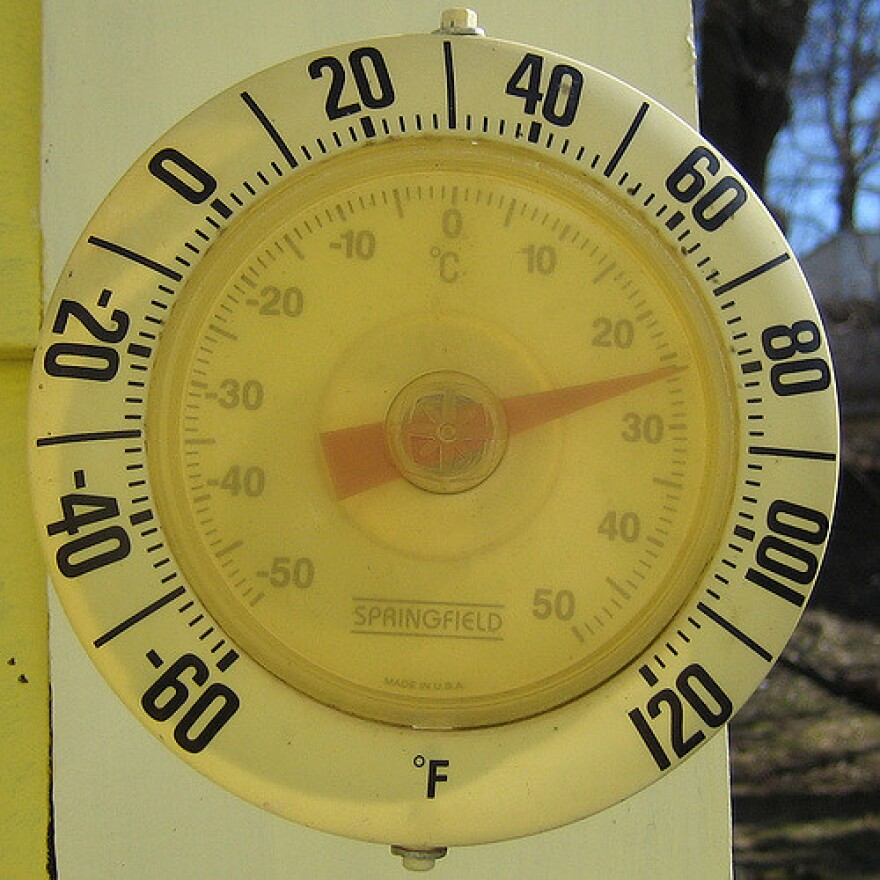Climate change is a global phenomenon, and when we think about climate change we tend to think about the greater global implications. Like how will increasing ocean temperatures affect glaciers and coastal communities? But how will climate change impact our local communities? How will Kansas City change?
Jerry Schnoor is a researcher and Professor of Civil and Environmental Engineering at the University of Iowa. He told KCUR's Gina Kaufmann on Central Standard that our region will fall in line with global trends.
"If you talk about the entire globe, wet areas are getting wetter, and dry areas are getting drier," he says. "So we can expect dry areas to get drier, like West Kansas, and we can expect wet areas to get wetter, like my own Iowa."
Kansas City exists in a unique ecological zone, between forests to the east and prairies to the west. It lies in a humid continental climate zone, which is described as being temperate with extremes of heat, cold and precipitation.
According to a recent climate assessment study by ClimateLOOK, Kansas City can expect to become wetter and warmer in the next 100 years. Average rainfall is expected to increase roughly 1.5 inches by 2060 and average temperatures are on track to increase 4 degrees Fahrenheit by the same year.
So what could this mean?
Well it looks like hotter and more frequent summer days and nights in Kansas City, and a longer frost-free period during the winter.
Tom Jacobs is the Director of Environmental Programs for the Mid America Regional Council (MARC). He says climate change will almost certainly affect different populations in Kansas City in vastly different ways.
"The literature shows that the impacts of climate change are likely to be disproportionate to different communities," Jacobs says.
He says low-income communities are at a higher risk, but he says maintaining air and water quality is public health concern for everybody.
Jacobs says the city of Kansas City, MARC and other organizations like Bridging the Gap have already been working together to address how the affects of Kansas City's changing climate can be mitigated. From efforts to increasing programs of awareness about energy efficiency in homes and how to reduce carbon emissions, to planting more trees and gardens — but it's also a great community effort.
"I think what is important to us in Kansas City, is we defined a path forward for us, that is about creating a sustainable future," Jacobs says. "We've already begun taking a whole set of actions, and there is a lot of power and momentum behind that, and I think there is a lot of local interest and will in moving that forward."
Suzanne Hogan is a reporter, producer and announcer for KCUR 89.3 and co-host of the podcast Question Quest.




